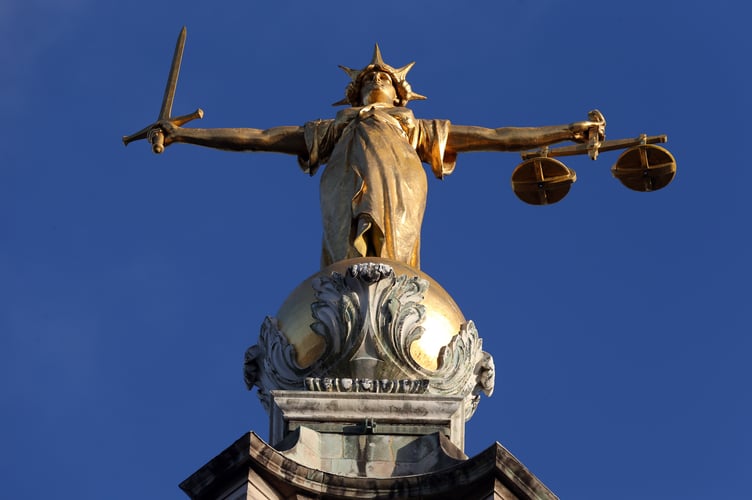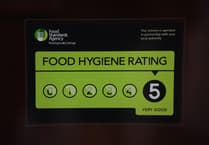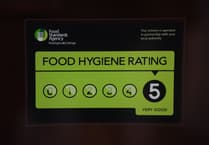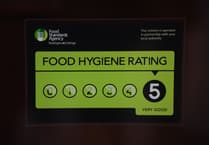There were dozens of people convicted in Avon and Somerset in relation to the disorder after the Southport killings, new figures show.
Across the UK, hundreds of people have been sentenced for offences in connection with the disorder that broke out in parts of the country after the knife attack by Axel Rudakubana at a Southport dance studio on July 29, 2024, that left three girls dead.
The killings sparked waves of protests across the country, following false rumours the killer was a Muslim immigrant.
Analysis by the PA news agency shows 42 people arrested by Avon and Somerset Constabulary were convicted of crimes linked to the disorder over the past year.
Of these, 40 were male, two were female, and four were aged under 18.
Between them, 31 received immediate prison sentences and were jailed for a combined total of 65 years and two months.
Across the 29 police forces in England and Wales that provided data, 544 people have been sentenced for offences linked to the disorder.
The offences all took place in England and occurred in the days following the Southport attack, according to the analysis.
The most common location for an offence leading to conviction and sentencing was Rotherham (84 people), followed by Southport (73), Bristol (41) and Liverpool (37).
An 81-year-old man from Nottingham was the oldest to be convicted. He was given a 28-day jail sentence, suspended for two years.
The oldest person to receive an immediate prison sentence was a 69-year-old man from Merseyside, who was jailed for two years and eight months for violent disorder and possessing an offensive weapon, a cosh.
The youngest is a 12-year-old boy, who threw stones at police after rioting erupted outside a mosque in Southport on July 30. He was given a 12-month referral order plus a three-month curfew order. His father received a six-month parenting order.
A total of 473 people received immediate custodial sentences, including six under-18s.
The longest sentence, of nine years, went to two people who were part of the mob that besieged a Holiday Inn Express that housed more than 200 asylum seekers near Rotherham.
Joe Mulhall, director of research at Hope Not Hate, which monitors far-right activity, said the "quick crackdown" and quick arrests and sentencing of rioters had a "damping effect" on the far-right for the months that followed.
However, he warned a "trigger event", such as the recent allegations in Epping, Essex, where anti-immigration protestors gathered outside a hotel after an asylum seeker was charged with sexual assault, could see things escalate "very, very quickly".
"That doesn’t mean that we’re going to see another summer of riots, but it does mean that it could have got worse, and something else could happen in the coming weeks," he added.
Sir Andy Cooke, His Majesty’s Chief Inspector of Constabulary and Fire and Rescue Services warned the police not to be "caught off-guard again", saying similar violence could reoccur.
Writing in the Sunday Telegraph he said: "Online misinformation continues to spread. Community tensions persist. The tools that amplified hatred last summer remain largely unchanged and unregulated.
"The police service must modernise its understanding of how disorder develops and spreads in the digital age."




